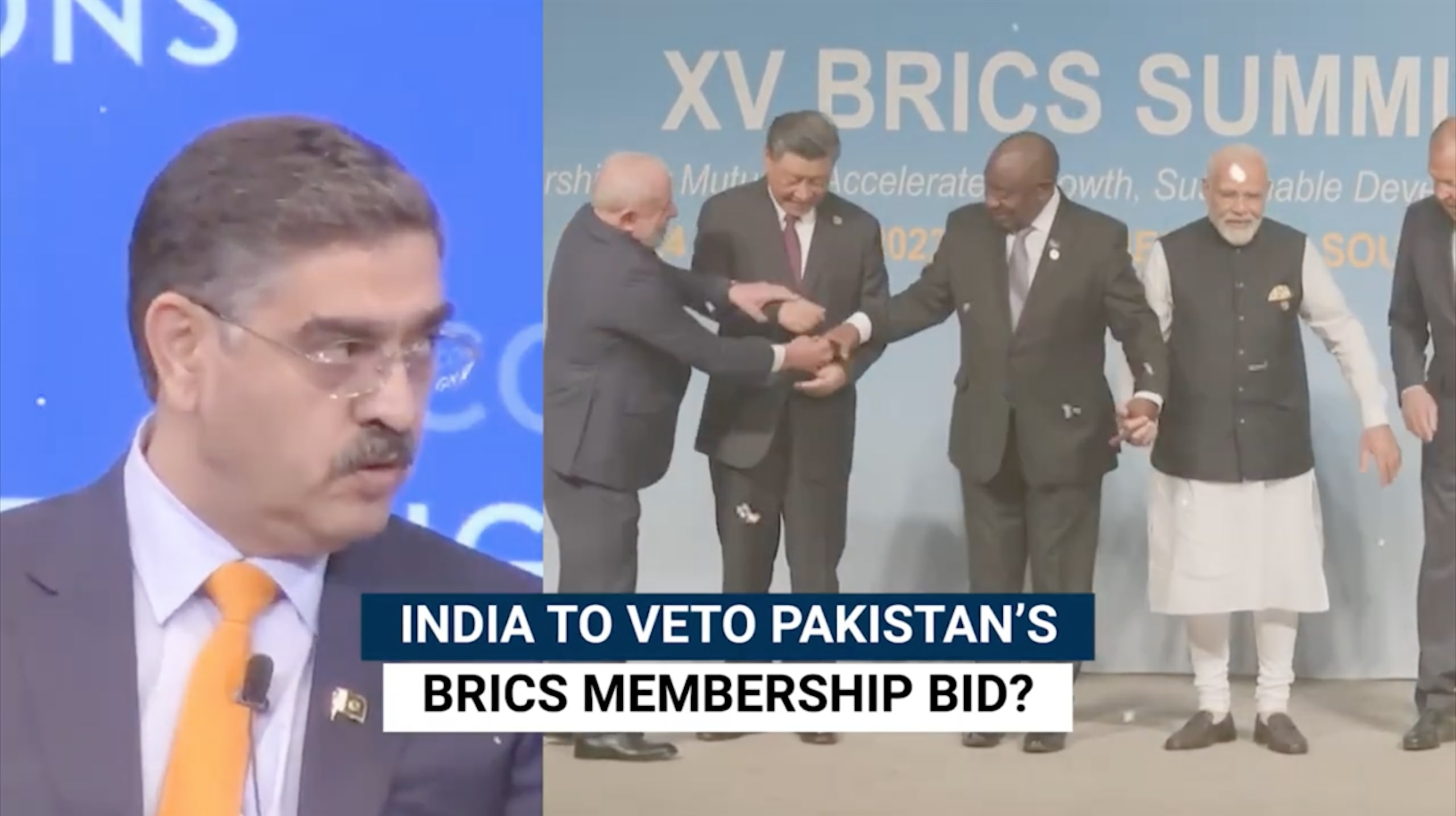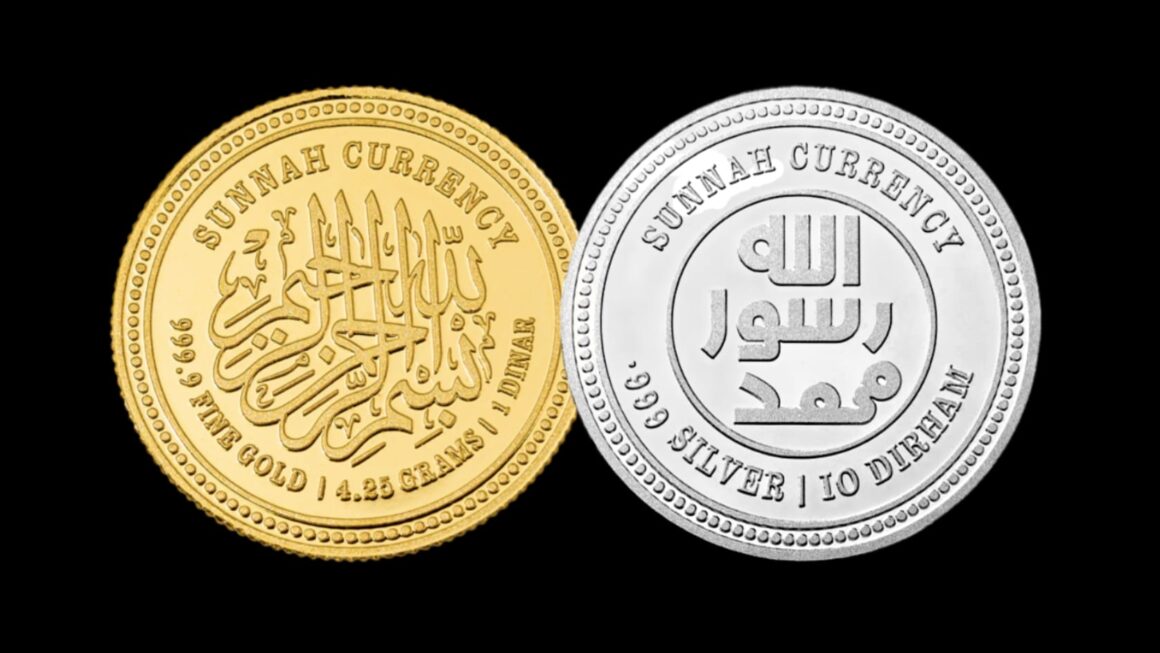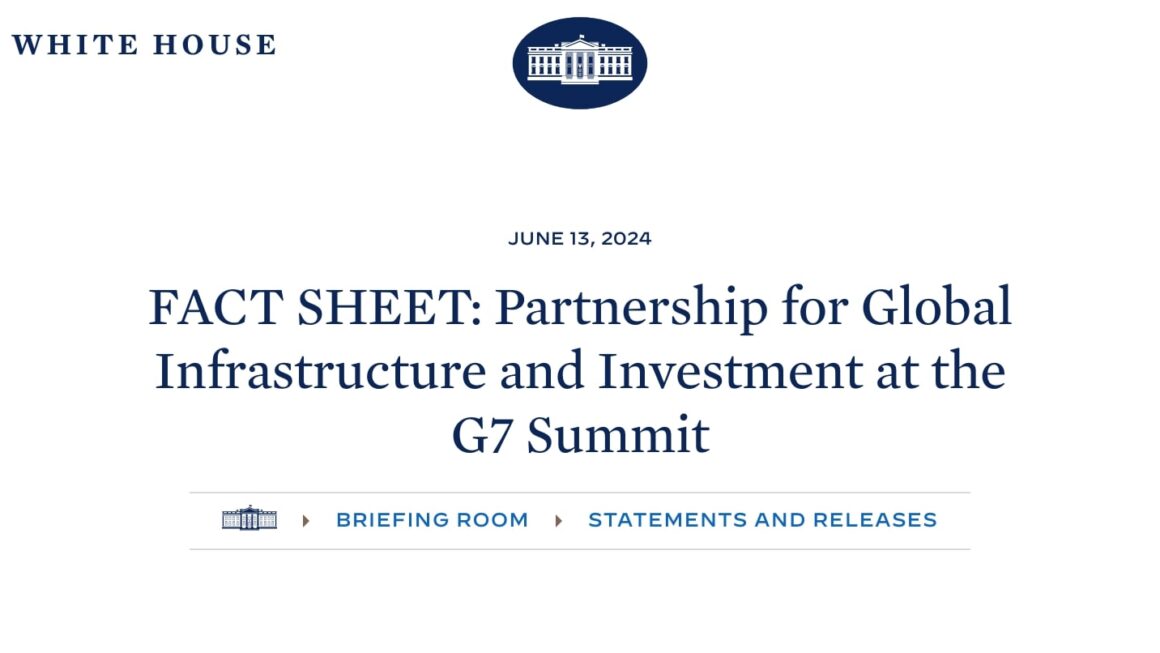In the intricate landscape of international relations, regional dynamics often shape the trajectory of global partnerships. A recent development has brought to light India’s reservations regarding Pakistan’s prospective inclusion in the BRICS (Brazil, Russia, India, China, and South Africa) alliance. This subtle yet significant hint at contention raises questions about the future of diplomatic cooperation within the influential bloc.
Background:
The BRICS, initially known as “BRIC” before the inclusion of South Africa in 2010, represents a coalition of major emerging national economies. The alliance aims to foster economic cooperation, political dialogue, and mutual support on key global issues. However, India’s recent signals indicate that the harmony within this formidable group may be facing a test.
India’s Hints:
While official statements have yet to explicitly outline India’s opposition, diplomatic circles have been abuzz with speculation. Sources suggest that India is expressing concerns over Pakistan’s potential BRICS membership, citing geopolitical differences and historical disputes as primary reasons.
Potential Veto:
The possibility of India employing its veto power to obstruct Pakistan’s entry into the BRICS has become a subject of international intrigue. India’s standing within the group, coupled with its strategic significance, gives it the authority to sway decisions. A veto from India could stall Pakistan’s aspirations of joining this influential economic and political consortium.
Geopolitical Tensions:
The historical and ongoing tensions between India and Pakistan have spilled over into various international forums. The BRICS, which serves as a platform for member nations to find common ground, may find itself grappling with the complexities of regional rivalries. Balancing the diverse interests of member countries while addressing geopolitical challenges has always been a delicate task for the alliance.
Implications for BRICS:
The potential discord within the BRICS regarding Pakistan’s inclusion raises questions about the bloc’s ability to navigate diplomatic intricacies successfully. While the alliance has weathered challenges in the past, a disagreement of this nature may impact the group’s cohesion and effectiveness on the global stage.
Global Ramifications:
The BRICS, representing a significant portion of the world’s population and economic output, plays a crucial role in shaping international discourse. The inclusion or exclusion of a member has far-reaching consequences. If India were to veto Pakistan’s entry, it could lead to a reevaluation of the BRICS’s role in addressing geopolitical tensions and fostering global cooperation.
Conclusion:
As India subtly hints at its contention against Pakistan’s BRICS inclusion, the diplomatic landscape within the alliance faces a potential reshaping. The decision, when it unfolds, will not only impact the dynamics of the BRICS but also reverberate across the global geopolitical spectrum. The world watches with bated breath to see how the BRICS navigates this diplomatic challenge and whether it emerges stronger or faces fractures in its united front.














